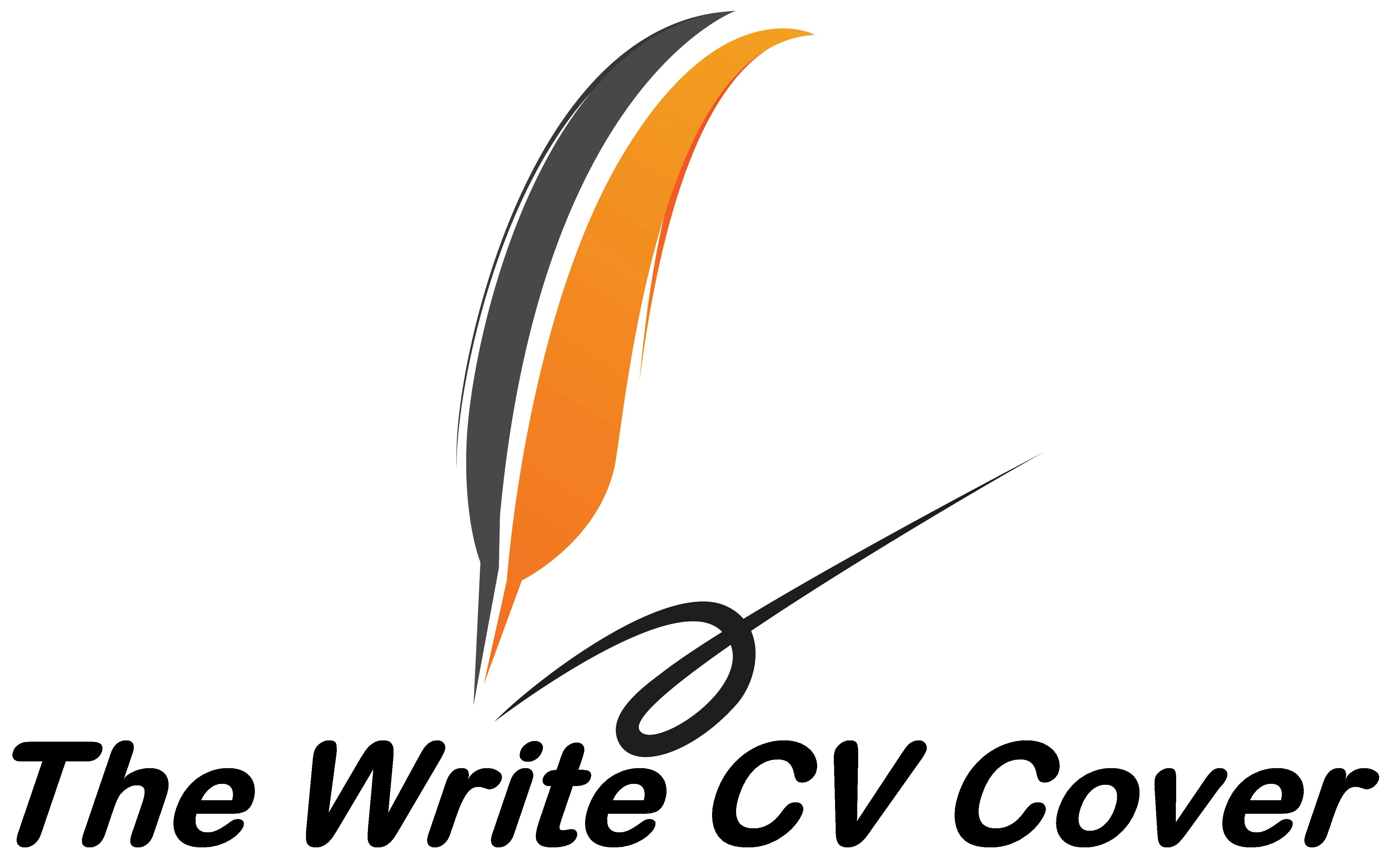
Do you want to standout from other candidates when applying for jobs? Today’s job markets are highly competitive, but it is still not difficult to make a good impression. You just have to write a great CV that showcases your impeccable skills and knowledge. We will guide you on how to write a great CV.
What’s a CV?
This is for the newbies: a curriculum vitae (CV), also known as a resume in some countries, is a document you use to represent your education, skills and work experience when applying for jobs. Its purpose is to showcase your relevance for the field or the job you are making the application for.
How do I begin my CV?
A profile section
Begin with a profile section, which is a summary of your work history (or education, if you are a student) and skills. Avoid personal pronouns, and write your CV from a third-person point of view.
Example:
“A buying and sales professional with extensive experience within the retail industry, who is currently leading a team responsible for designing new retail concepts and ideas…”
It should be about 100-150 words long.
What should I include on my CV?

Give basic details when you write your CV
Your name should be the title, followed by your professional title, which can be written underneath your name.
Example:
Joe Smith
Senior Account Manager
Follow it with basic contact information such as your email address and telephone number.
Your work history
Then move onto to the profile section mentioned above. Follow this with details of your work history. List it in reverse chronological order, beginning with your current role or the most recent role.
Provide details of your responsibilities and achievements. If you have a long history of work experience, which can make your CV longer than two or three pages, then only detail 10 years’ experience, or however many you can comfortably fit into two pages, ideally, or three.
You can list jobs beyond 10 years without mentioning key duties or achievements: just list the job titles, the companies and the dates you worked there.
Education
Include your education: you don’t need to go into it in great details (unless you are a fresh graduate) the degree, grade and the university is enough.
Example:
BA History, 1st
University of Birmingham, UK
Skills section
Other things you can include are IT and language skills, and other relevant skills. This section shouldn’t take too much space; you can just list them in bullet points. With the skills, it’s important to give ratings to indicate how knowledgeable you are.
Example:

Hobbies and interests
You can include a hobbies/interests section. Mentioning interests that align with the role is great if you can give evidence. For an example, if you are applying for a writer position and you mention that one of your interests is blogging, give a link to your blog. Otherwise, stick to real/common interests like reading or travelling.
What format should I use when I write my CV?
Use an easy to read font like Calibri, Times New Roman and Arial, and size 10 or 11. Headings and subheadings can be in larger sizes and in bold. Save it as a Word document. PDFs are not read by all applicant tracking systems (ATS) used by recruiter. (More details are given below.)
Are there things I shouldn’t include on my CV?
Yes, there are things you should avoid for technical reasons, irrelevance or inappropriateness. Here, we give examples.
Picture

Avoid a picture; it is distracting and unreadable by the applicant tracking system (ATS). In fact, don’t use any images or graphics, the ATS will not read them. Majority of recruiters and hiring managers now use ATS test to help them to find the right candidates. It means sometimes a human does not get to read your CV. This is the case when it’s not formatted correctly. Read this article on how to pass the ATS test.
Unnecessary information
Don’t include irrelevant information. It is time wasting and can make you look inappropriate for the role. Tailor your CV to the position you are applying for and try to keep sentences short and concise.
A lot of personal information
Keep personal information minimal. Don’t include age, full home address or marital status. You can mention the part of the city in which you live in, and even the street, but it’s not necessary to include the full address.
False information
Don’t provide false information about your experience and qualifications. When applying for jobs, it is always good to be honest. Recruiters can do background checks.
See other examples of things not to include on your CV here.
How do I make my CV standout?

Write a tailored CV
The best way to make your CV standout is to tailor it to the role you are applying for. In this case, what you include on your CV should be relevant to the role. Take out the duties or roles that are not relevant, but don’t leave gaps. You can list the irrelevant jobs by just providing the title, company and dates. You may mention any skills or responsibilities which can make you suitable for the desired role.
Read the job description carefully and write your CV accordingly. Match your skills and experience to the job requirements.
With achievements
Place emphasis on your achievements. Rather than just listing your key duties, give examples of how you achieved results and made a positive difference in your role.
How did you make a difference in your last role?
Example:
“Consistently exceeded sales targets, raising account from -2% to 15% and making it one of the most successful portfolios.”
Recruiters and hiring managers like to see results and achievements, the more you give them the better.
Be clear and concise when you write a CV
Keep your CV clear and concise. Do not use long sentences or paragraphs, use bullet points and short sentences. Your suitability for the role should be identified with a glance. When writing your CV, make it that easy.
Can you review my CV after I have rewritten it?
Sure, drop us a quick message with your email address using this link and we will review it for you.
